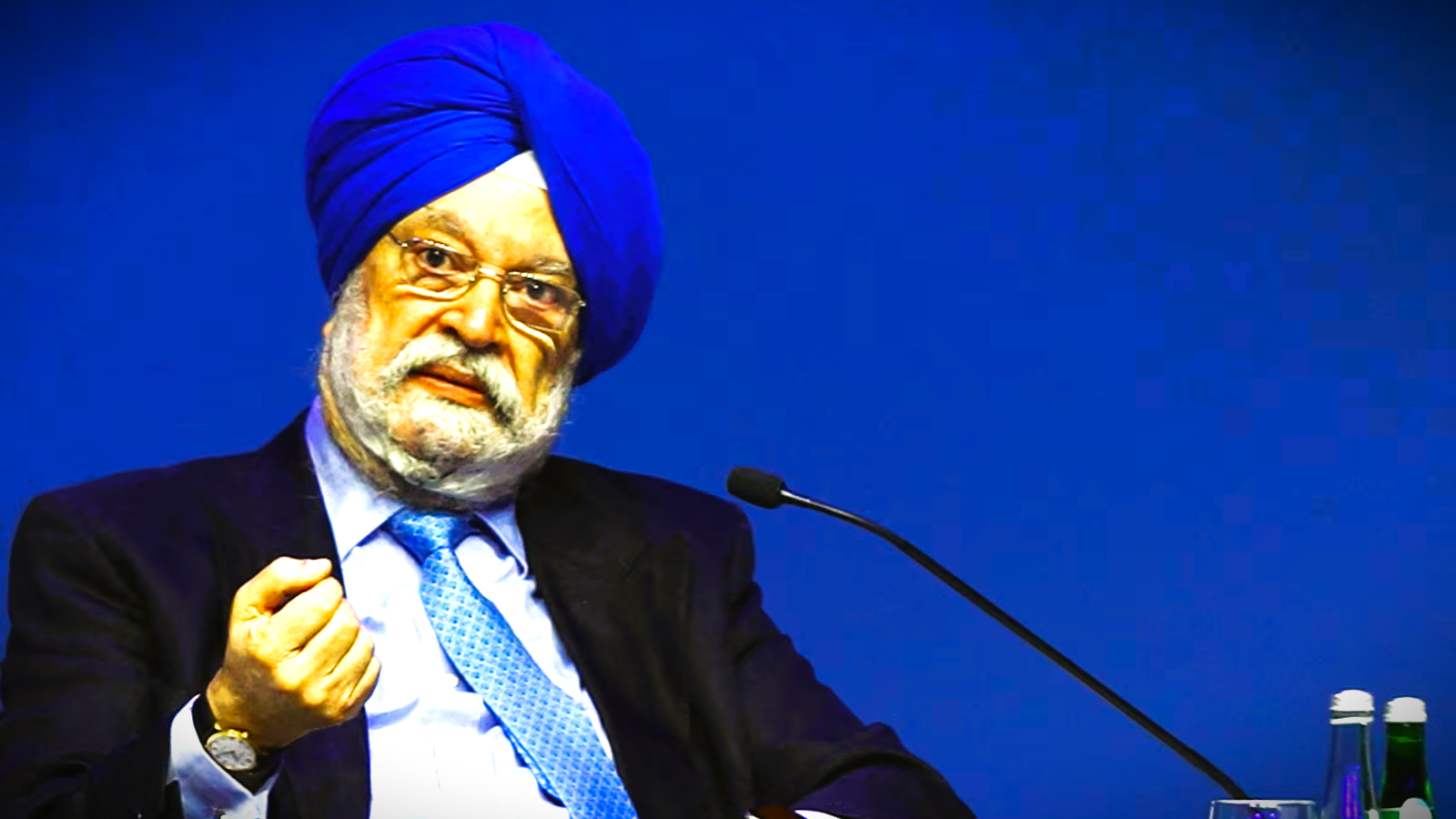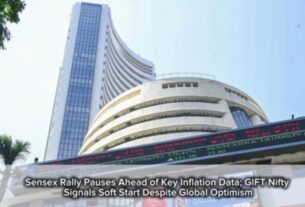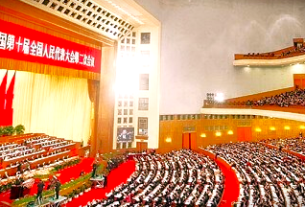In a compelling address delivered at Gandhinagar, Gujarat, Prime Minister Narendra Modi celebrated a milestone that signals India’s rapid economic transformation: the nation has risen to become the fourth-largest economy in the world, surpassing economic heavyweights such as Japan and the United Kingdom. Beyond the impressive statistics, Modi’s remarks underscored a deeper narrative of India’s journey from colonization to global economic prominence.
When Modi took office in May 2014, India ranked 11th in the world in terms of nominal GDP. Today, just over a decade later, India has claimed the fourth spot, crossing the $4 trillion threshold. This rise is testament to sustained reforms, demographic dividends, and structural shifts that have accelerated growth across sectors.
Yet, it was the Prime Minister’s pointed reference to India overtaking the United Kingdom, the colonial power that governed India for nearly 250 years that resonated deeply with the nation. “I still remember the excitement when we moved from sixth to fifth place, especially among the youth. The reason was that India had overtaken the United Kingdom,” Modi noted. This milestone, he suggested, was more than a numerical ranking; it represented a historic reversal of fortunes.
Modi’s narrative effectively links economic progress with national pride, framing the growth story as one of redemption and self-determination. It appeals not only to economic pragmatism but also to collective memory, highlighting the symbolic significance of surpassing a former colonizer.
Despite the celebratory tone, Modi’s message was forward-looking and ambitious. He acknowledged the mounting expectations for India to climb even higher, stating, “The pressure of becoming the third largest economy is more than the happiness of becoming the fourth.” The government’s goal is unambiguous: by 2047 India’s centenary of independence the country aims to achieve developed-nation status, or “Viksit Bharat,” as Modi put it.
The Prime Minister’s confidence is underpinned by a series of economic initiatives from infrastructure development and digitalization to efforts to boost manufacturing and innovation. India’s young and dynamic population is a critical asset fueling this growth trajectory.
In a global context, India’s rise marks a significant realignment of economic power. The country’s ability to outpace established economies like Japan and the UK underscores its increasing influence in international affairs. For the UK, India’s former ruler, this shift represents a symbolic and substantive change in global economic dynamics.
In sum, Modi’s remarks at Gandhinagar were a deft blend of historical reflection and future aspiration. India’s elevation to the world’s fourth-largest economy is a milestone that carries immense symbolic weight, heralding the nation’s emergence as a formidable global player not merely in economic terms, but as a sovereign power shaping the 21st-century world order.




